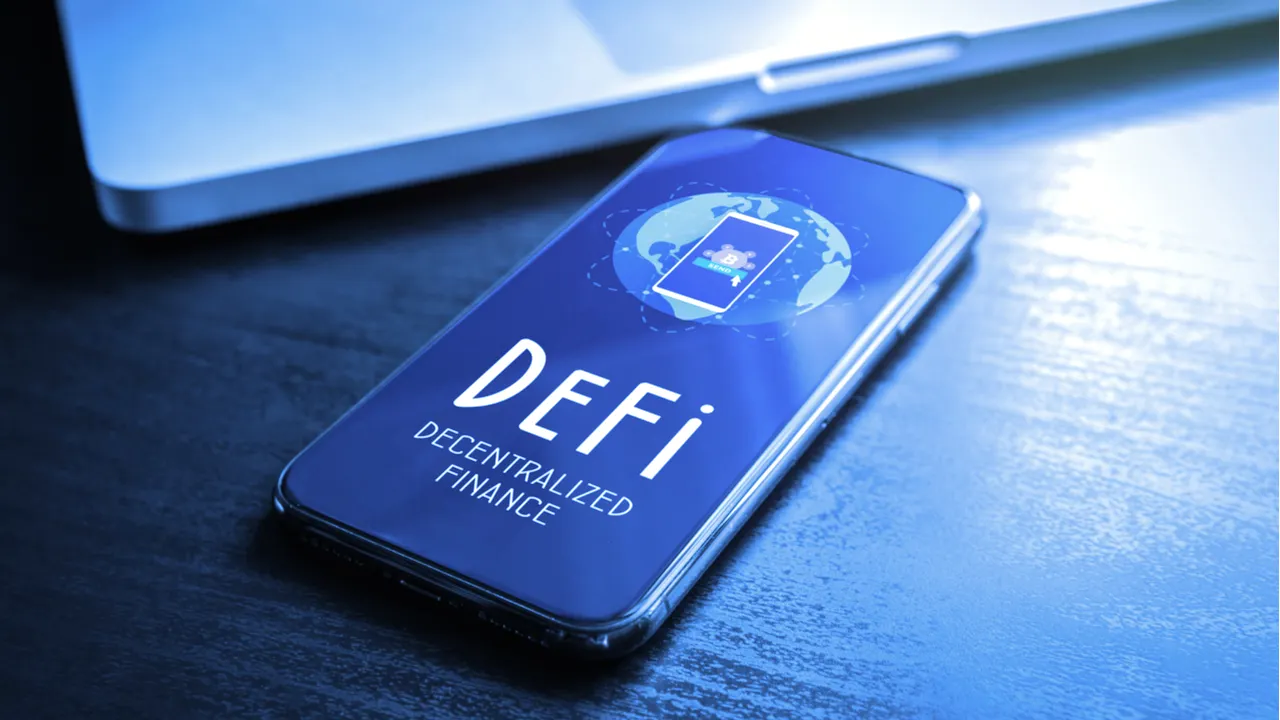In brief
- Anchorage is a custodial platform that handles customers' digital assets for them.
- Several of its supported assets are DeFi governance tokens.
Anchorage Digital announced today that it would be able to take custody of the dYdX governance token on customers' behalf as soon as the token launches.
Anchorage already supports 57 digital assets, including stablecoins such as USDC, market cap leaders such as Bitcoin and Ethereum, and decentralized finance (DeFi) governance tokens such as Compound.
dYdX falls into the third category, one of the many Ethereum-based protocols for lending, borrowing, and/or trading without financial intermediaries. dYdX the company built dYdX the exchange to allow for customers to make high-leverage trades; traders can get access to up to 25 times the amount of collateral they put down. It's the third-largest platform for derivatives trading on Ethereum, per data collected by DeFi Pulse, with more than $300 million in assets on the platform.
But the company wants to more fully decentralize the decentralized exchange. To do that, it needs a governance token, which will allow users to vote on changes to the protocol as well as make adjustments to the market structure. The company formally introduced the dYdX Foundation on August 3, which is charged with issuing the tokens. The DYDX token will be forked from DeFi protocol Aave's own governance token and run on the Ethereum network.
Anchorage's addition of the asset is evidence that there's a growing desire for institutional investors, which it caters to, to play a role in DeFi governance without having to manage their own tokens. In addition to taking custody of assets, it also has governance services for tokens such as AAVE and SUSHI. It advertises the service as "on-chain participation with offline assets."
The addition is also an indication that Anchorage intends to expand its core business after getting approval in January to become the first digital asset bank with a federal charter. The license will allow Anchorage Digital Bank to avoid state-by-state regulations while creating sub-custody arrangements with traditional banks, such as the recently announced partnership to provide Ethereum-backed loans to BankProv customers.

